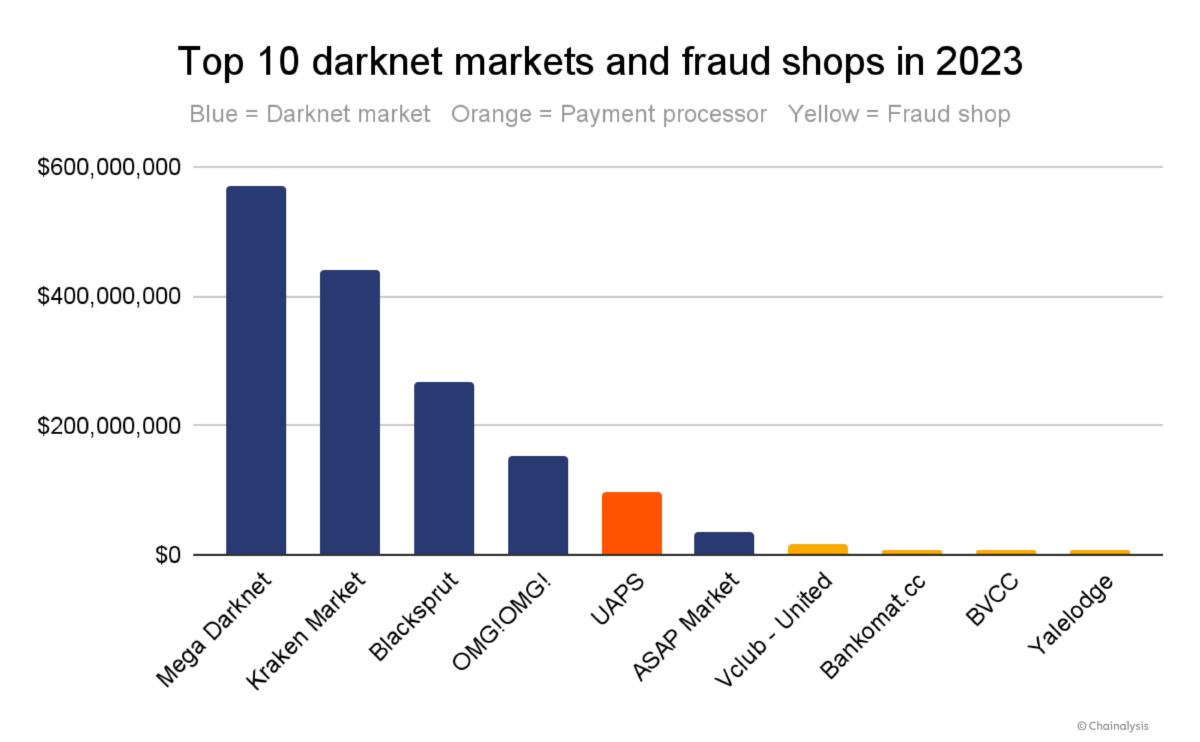Delving into the Netherworld: Deep Web Markets Exposed
In the hidden areas of our internet lies an enigmatic realm known as the darkweb. While much of our internet is open and cataloged by conventional search engines, the darkweb operates in its shadows, requiring specific software and configurations to access. It is often characterized by the anonymity and an allure of secretive transactions, drawing in those interested about illicit and lawful activities.

Darkweb markets have emerged as a significant aspect of this underground ecosystem, serving as virtual marketplaces where a variety of goods and services are exchanged. Including illegal drugs and counterfeit currency along with hacking services and stolen data, these markets reflect a complex intersection of demand and supply that challenges the boundaries of legality and morality. dark market onion As we delve into the intricacies of these digital bazaars, we intend to uncover the mechanisms at play, the individuals involved, and the implications of operating within this darkened digital landscape.
Grasping the Dark Web
The deep web is a segment of the internet that is not indexed by traditional search engines, creating it a concealed realm accessible only through dedicated software like Tor. This secrecy is a fundamental feature that draws users looking for privacy and safety. The darkweb functions on multiple networks that are not accessible by typical browsers, allowing individuals to interact and transact without exposing their identities.
Inside the dark web exists a complex ecosystem of markets where virtually anything from illegal drugs to fake documents can be purchased and traded. These markets function similarly to conventional e-commerce sites but are built on a basis of security and obscurity. The absence of oversight creates a hazardous environment where scams and criminal activities flourish, rendering it crucial for users to move through these spaces with caution.
In spite of its reputation for illicit activities, the darkweb also provides legitimate purposes. Activists and whistleblowers may use these platforms to share information in oppressive regimes, seeking protection from monitoring. This complexity of the dark web highlights the complexities of the space, leading to ongoing discussions about its ethical implications and capability for both damage and benefit in the community.
Key Darkweb Markets
The darkweb is home to various marketplaces that cater to a wide range of illegal activities. Among the most notable is the Silk Road, which was one of the first significant darkweb markets, specializing in the sale of illegal drugs. Despite its seizure by authorities in 2013, Silk Road set the stage for many other markets and established a model for anonymity and security in exchanges. This early success demonstrated the viability of darkweb markets and encouraged the emergence of additional platforms.
Another prominent player is the Dream Market, which gained traction after the fall of Silk Road. Dream Market provided a more diverse array of goods, including software exploits, fake documents, and various drugs. It distinguished itself with a user-friendly interface and a active community, attracting a large user base. The market operated on a system of merchant reviews, which helped to build trust among buyers and sellers, further solidifying its position in the darkweb ecosystem.
Currently, Omega Market is gaining recognition as one of the leading darkweb marketplaces. It specializes in the trade of drugs and hacking services while maintaining a reputation for high-quality products and reliable service. Omega Market employs advanced encryption techniques to protect user privacy and features a wide range of payment options, including digital currencies, which are essential for maintaining anonymity in darkweb transactions. As law enforcement continues to target illegal online activities, these markets evolve and adapt, illustrating the ongoing demand for darkweb goods.
Challenges and Solutions
Involvement with darkweb markets presents significant risks that participants must manage. One of the critical dangers is the potential for law enforcement issues. Law authorities monitor these platforms, and people caught buying or selling illegal goods can face rigorous legal consequences. Additionally, the privacy that illicit markets offer can be deceptive, as individuals may still be tracked through their internet usage, putting them to numerous threats.
Another key risk involves security threats, including malware and fraud. Many darkweb sites can be schemes designed to steal personal data or inject harmful software on users' devices. To combat these threats, users should employ robust security measures, such as using virtual private networks, encrypted browsers, and reliable antivirus software. It is vital to confirm the safety of the websites being accessed to avoid getting caught to cyber attacks.
Finally, there is the threat of monetary loss. Transactions on illicit markets are often conducted using cryptocurrencies, which can hinder recoveries in cases of fraud. Individuals should apply vigilance and explore using third-party payment services where possible to secure their payments. Spreading the ways in which they can protect their investments, including holding varying levels of currency in separate accounts, can also act as a preventive strategy against possible losses.